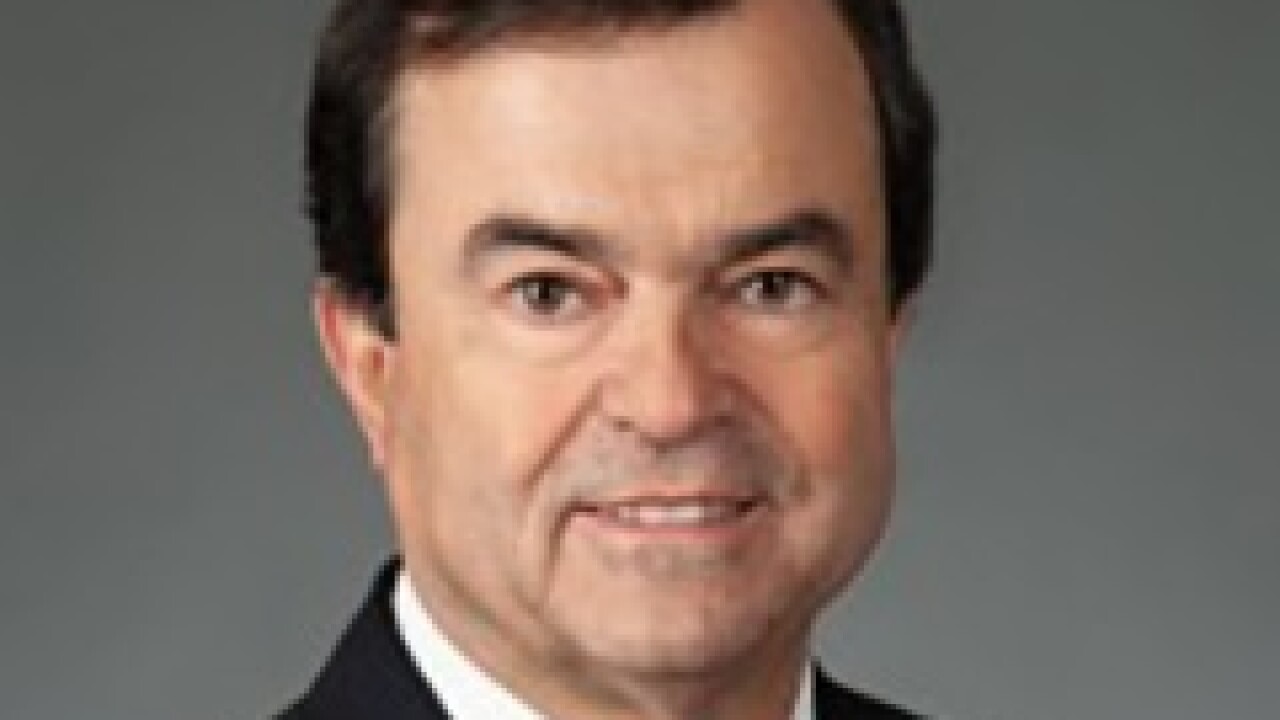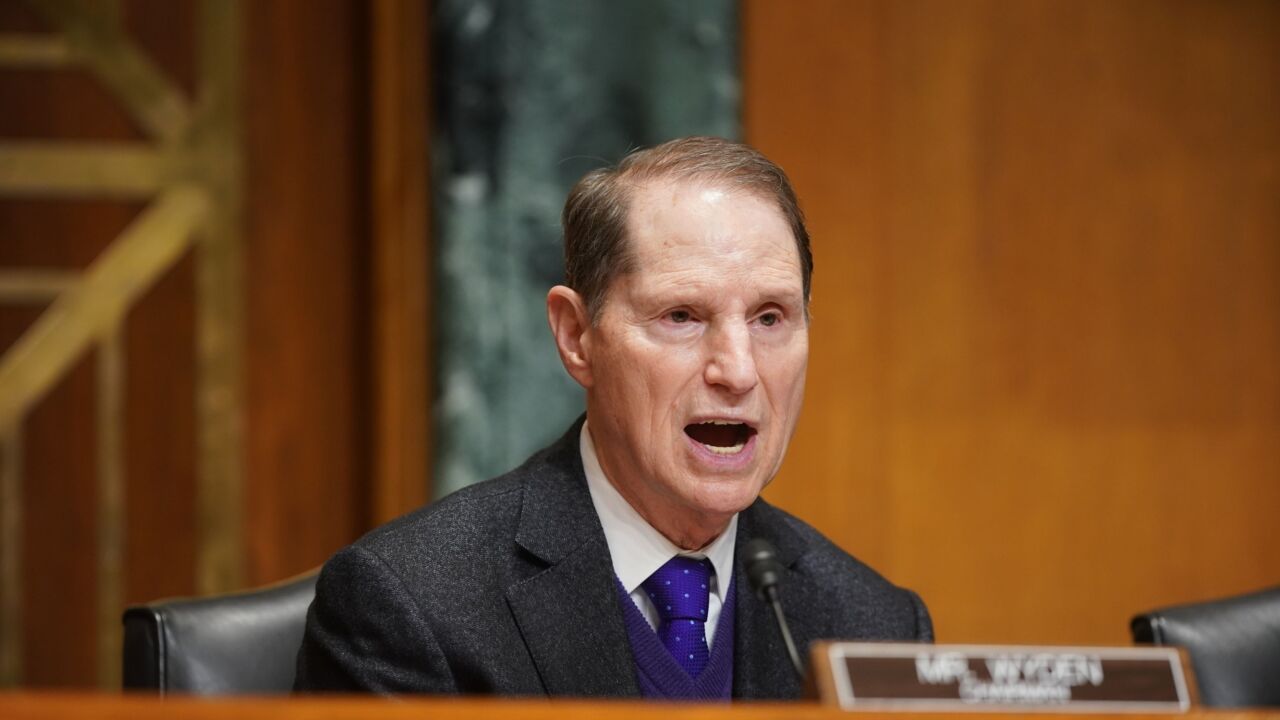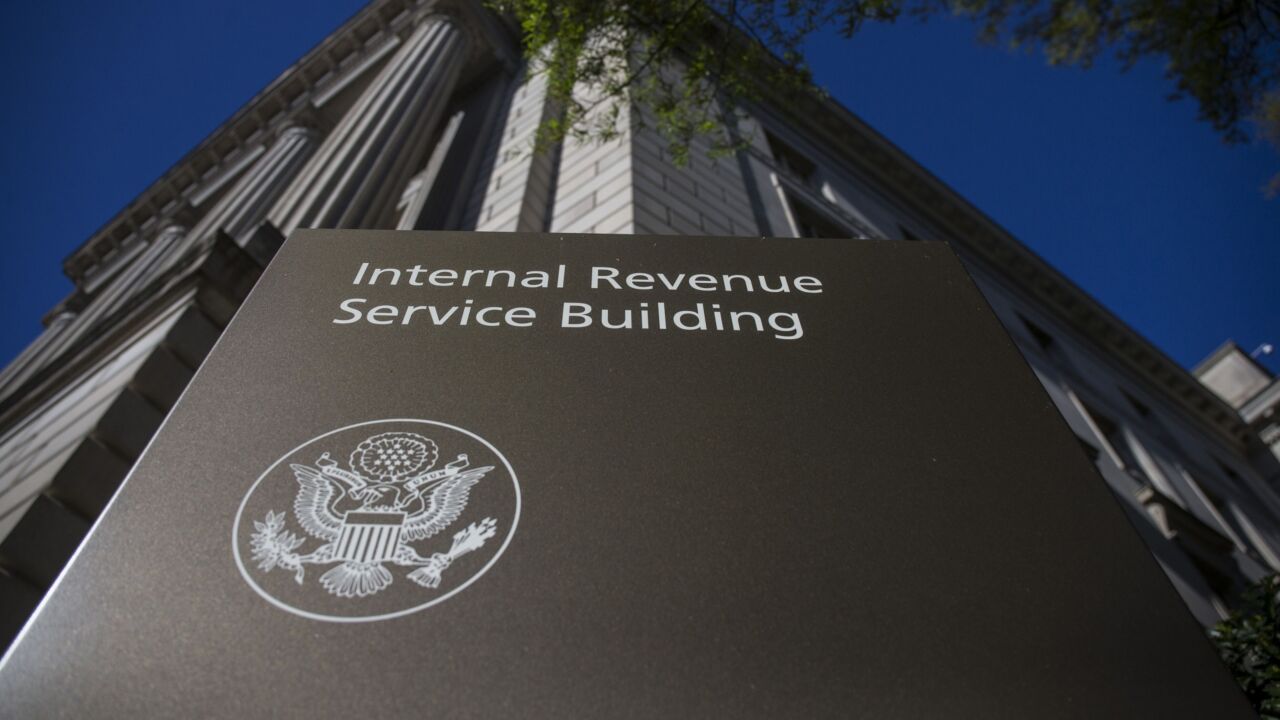When I was 15, my father caught me sneaking a cigarette in our backyard. It was dusk and I thought I had successfully camouflaged myself behind our hedges to avoid detection. Following a fleet introduction between my backside and his size 12 Bostonian loafer, he informed me that not only was I grounded for two weeks, but my TV viewing privileges were revoked as well. When I protested that it should be one or the other, he introduced me to the concept of bargaining leverage in a negotiation and, as a rule, teenagers, caught smoking in a house where it was prohibited were not imbued with a whole lot of it. Since my younger brother was with me, he was on the receiving end of the punishment as well, even though he had not violated the no-smoking policy at Chez Carlino. My father called it guilt by association. As a result, I read roughly four books in that span and, in retrospect, undoubtedly came out better for it. I was reminded of my tobacco-induced quarantine last week when I attended a financial reporting conference keynoted by former Maryland Senator Paul Sarbanes, one-half of the now-famous hyphenate that drastically reshaped the corporate landscape. The senator told attendees that when he assumed the chairmanship of the Senate Banking Committee, he was more concerned with drafting money-laundering legislation in the wake of 9-11 than reforming the financial reporting process. But then the floodgates of scandal began to creak and, eventually, burst open with billion-dollar restatements and bankruptcies headlined by the poster children for corporate greed and fraud, Enron and WorldCom. Hence we were introduced to Sarbanes-Oxley, which no doubt gave as big a jolt to corporate America as my father's right foot did to my ability to sit down. Unfortunately, like my younger brother who endured being homebound for a fortnight for a peccadillo he didn't commit, many public companies that had adhered to ethical and legal financial reporting standards were also bound to its time-consuming and often expensive compliance. In the nearly five years that SOX has been law, there have been myriad opinions of whether the legislation has accomplished what it intended to - coupled with occasion movements toward full or partial rollbacks. But if there was any doubt as to whether lawmakers were solidly behind the bill or portions of it, I offer up last week's overwhelming defeat of an amendment put forth by Sen. Jim DeMint of South Carolina, who proposed that filers with a market cap of less than $700 million would be able to opt the act's 404 requirement. The measure was routed out of the chamber by a 62-35 margin. By contrast, lawmakers also voted 97-0 to approve an amendment from Sarbanes' successor at the SBC, Sen. Christopher Dodd, D-Conn., suggesting the SEC and the PCAOB forge ahead with their previously announced plans to develop guidance for smaller filers to make SOX more manageable. A long time ago I learned about bargaining power and when you don't have it. Unfortunately those companies that conducted business in an above-board fashion, were lumped in with those that didn't. And now as a result of compliance requirements, their costs have risen. I guarantee my brother can vouch for their pain.
-
Demetrios "Jim" Logothetis was sworn in as chair along with two new board members, Mark Calabria and Steven Laughton, just over a week after they were named.
11h ago -
The Senate blocked a resolution that would have disapproved of recent guidance from the Treasury Department weakening the corporate alternative minimum tax.
11h ago -
The Internal Revenue Service made only limited progress in scanning a tiny fraction of paper-filed returns last tax season, according to a new report.
February 10 -
The Internal Revenue Service has awarded a contract to PSI Services to develop and administer the examination for Enrolled Agents to earn their tax credential.
February 10 -
The Internal Revenue Service has now closed nearly all outstanding claims for the employee retention credit aside from 41,000 claims still under exam or appeal.
February 10 -
The International Auditing and Assurance Standards Board has decided to pursue guidance for applying current standards to uses of emerging technology, like AI.
February 10





